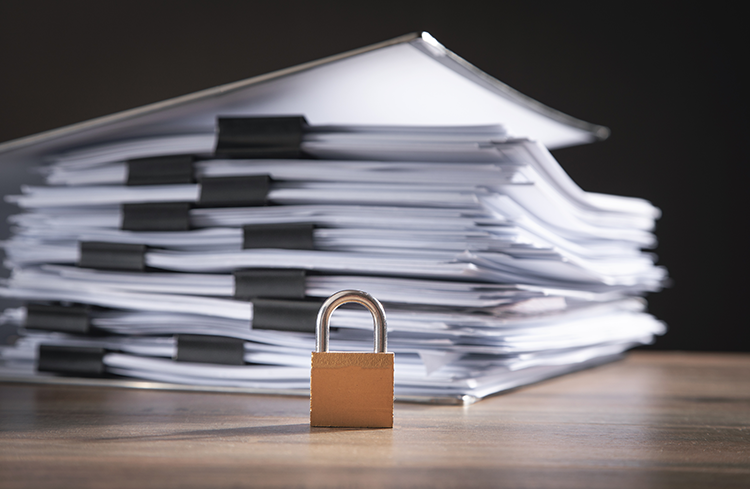S.C. Supreme Court: 'Understandable Concerns' About Bar Exam
Responding to what it describes as “understandable concerns” about the unusual manner in which some who took the South Carolina bar exam in July 2007 belatedly learned that they had passed, the state supreme court has offered an additional explanation of what happened.
A scrivener’s error resulted in one examinee’s score for the wills, trusts and estates section being misreported. The examinee was notified of a passing score before the misreporting error—which resulted in an overall bar exam failure, when it was corrected—was discovered, the court writes in a press release. (The examinee had previously been reported as failing only one of the bar’s seven sections, but now was determined to have failed two sections.)
At this point, the court decided that it could not change the pass result, even though it was inaccurate. So, in fairness to other examinees in the same situation, who failed—like the examinee who was benefited by the scrivener’s error—because they had failed the WTE section and one other section, the court threw out the result of the WTE section for all examinees.
As discussed in earlier ABAJournal.com posts, this resulted in a passing bar exam score for 20 more examinees who had initially been told that they failed. (A total of 552 took the South Carolina bar exam in July 2007.) Among this group were the daughters of a trial judge and a state legislator with judiciary responsibilities. Additional questions were raised after the chair of the Board of Law Examiners said the grading changes were news to him, and the state bar asked for an explanation.
However, “no consideration was given to the identity of any examinee who would stand to benefit from this action. Moreover, the action was not influenced by any appeal, campaign, or public or private outcry,” the court writes, explaining that the grading process was anonymous. “It was simply deemed the best choice among several problematic alternatives.”
The court apologizes for the error, promises that scoring results will be more carefully transmitted in the future, and says it did the best it could under difficult circumstances:
“We recognize that even this detailed statement may not satisfy those who have voiced honest and thoughtful criticism of our actions, and we further accept that legitimate debate may be had whether our decision was the best among all competing alternatives,” the court writes. “But we assure the public and the bar that the Court’s actions were not the product of pressure, favoritism or discrimination in any form.”
Write a letter to the editor, share a story tip or update, or report an error.


